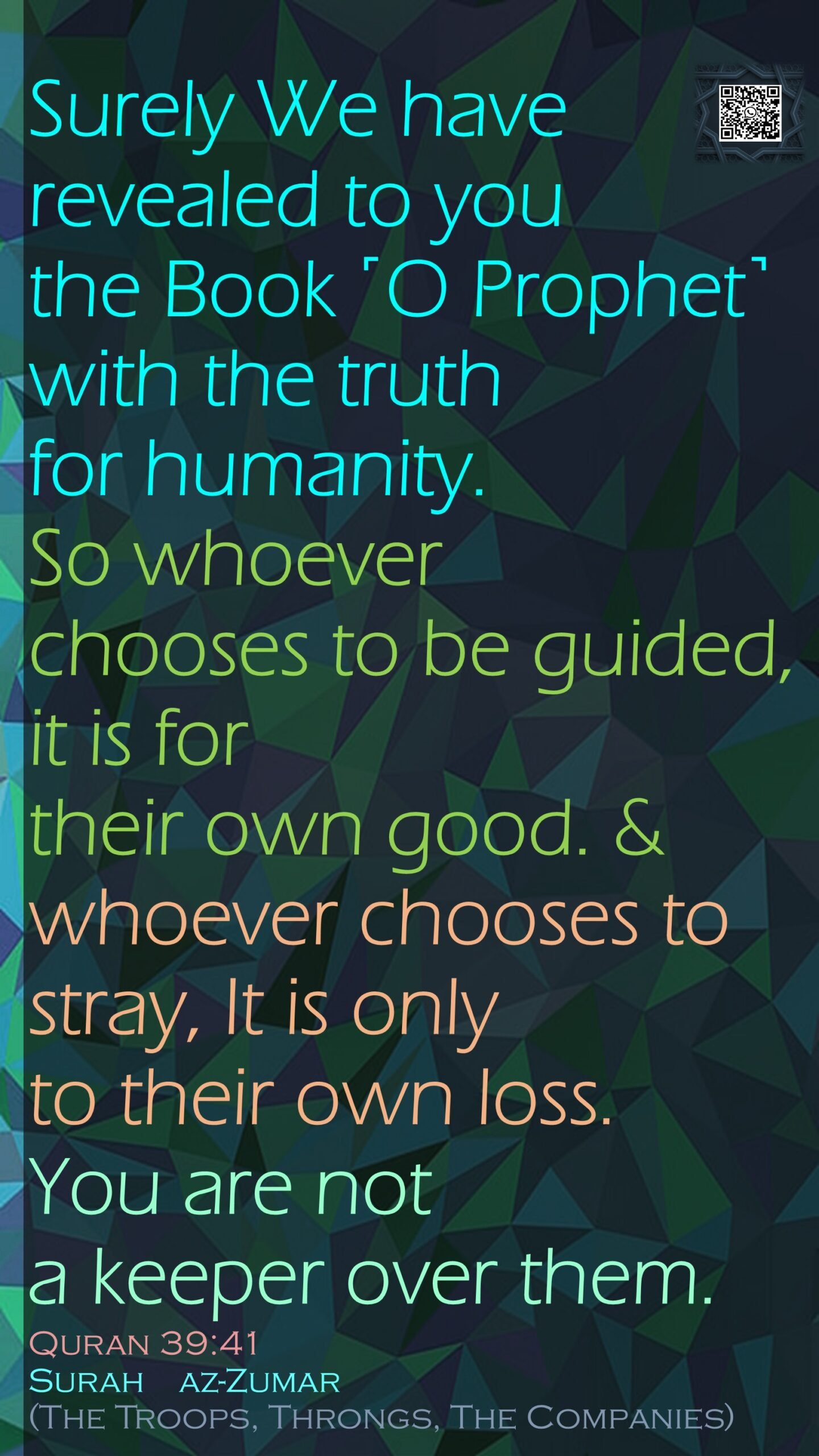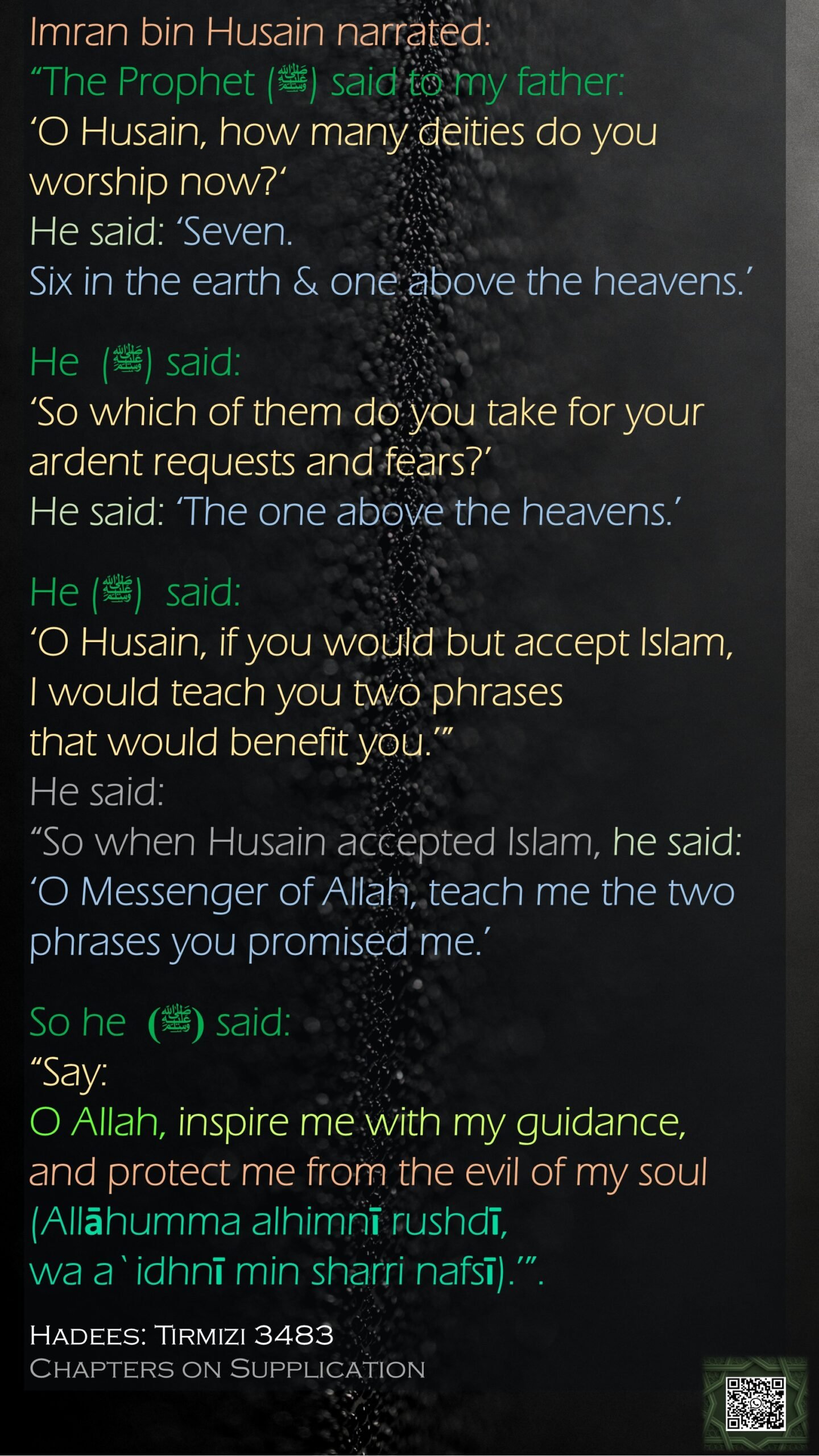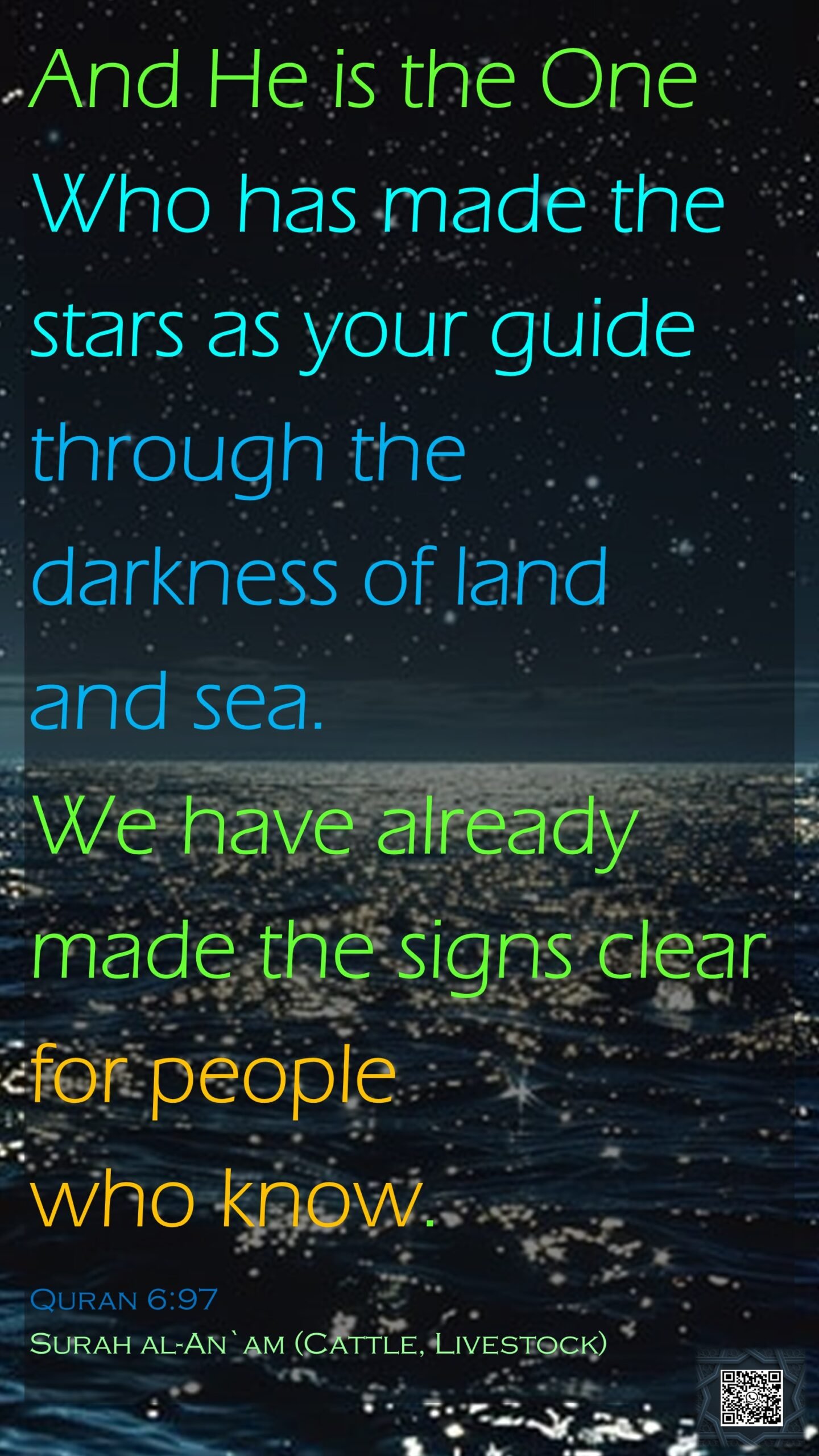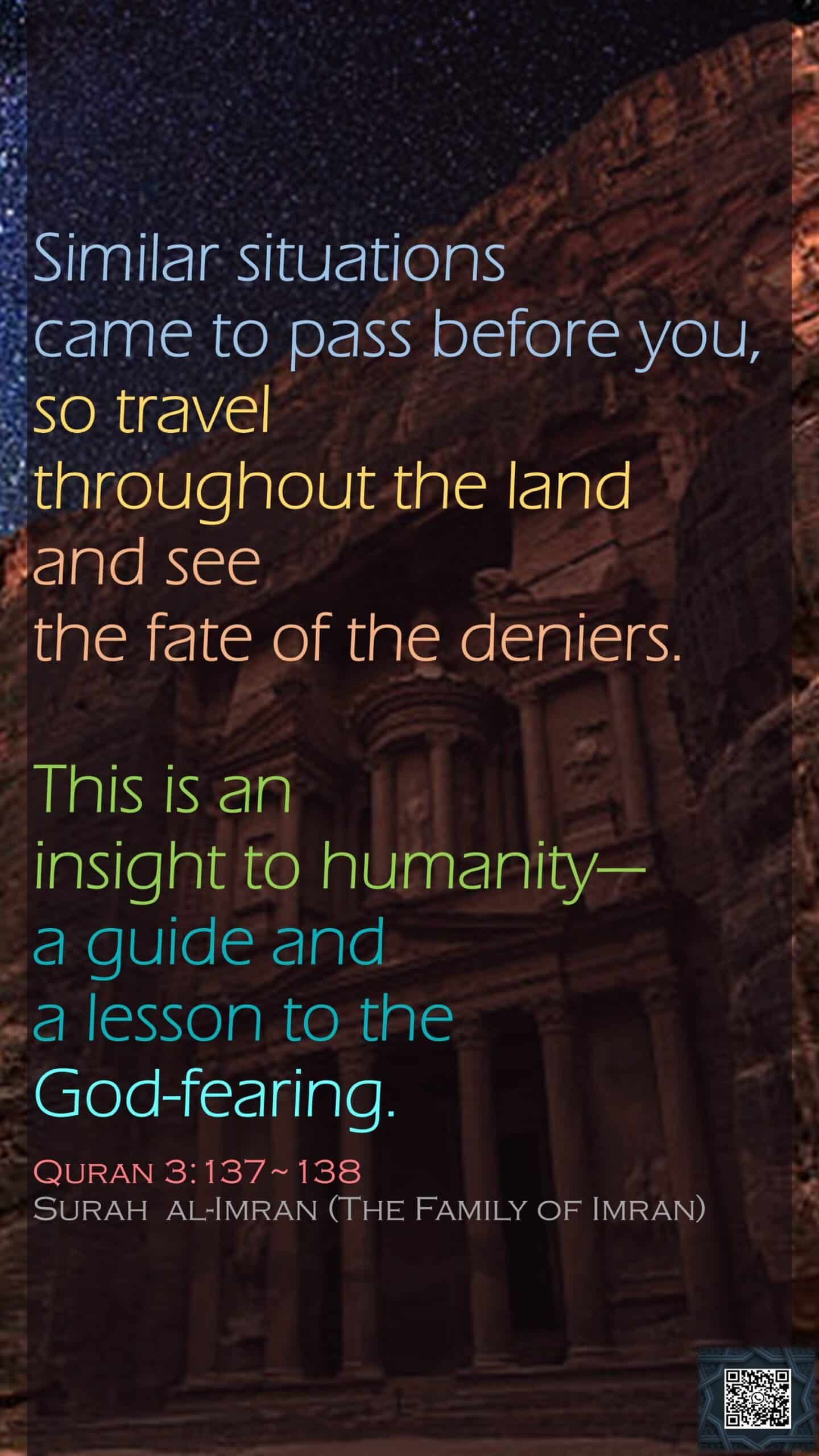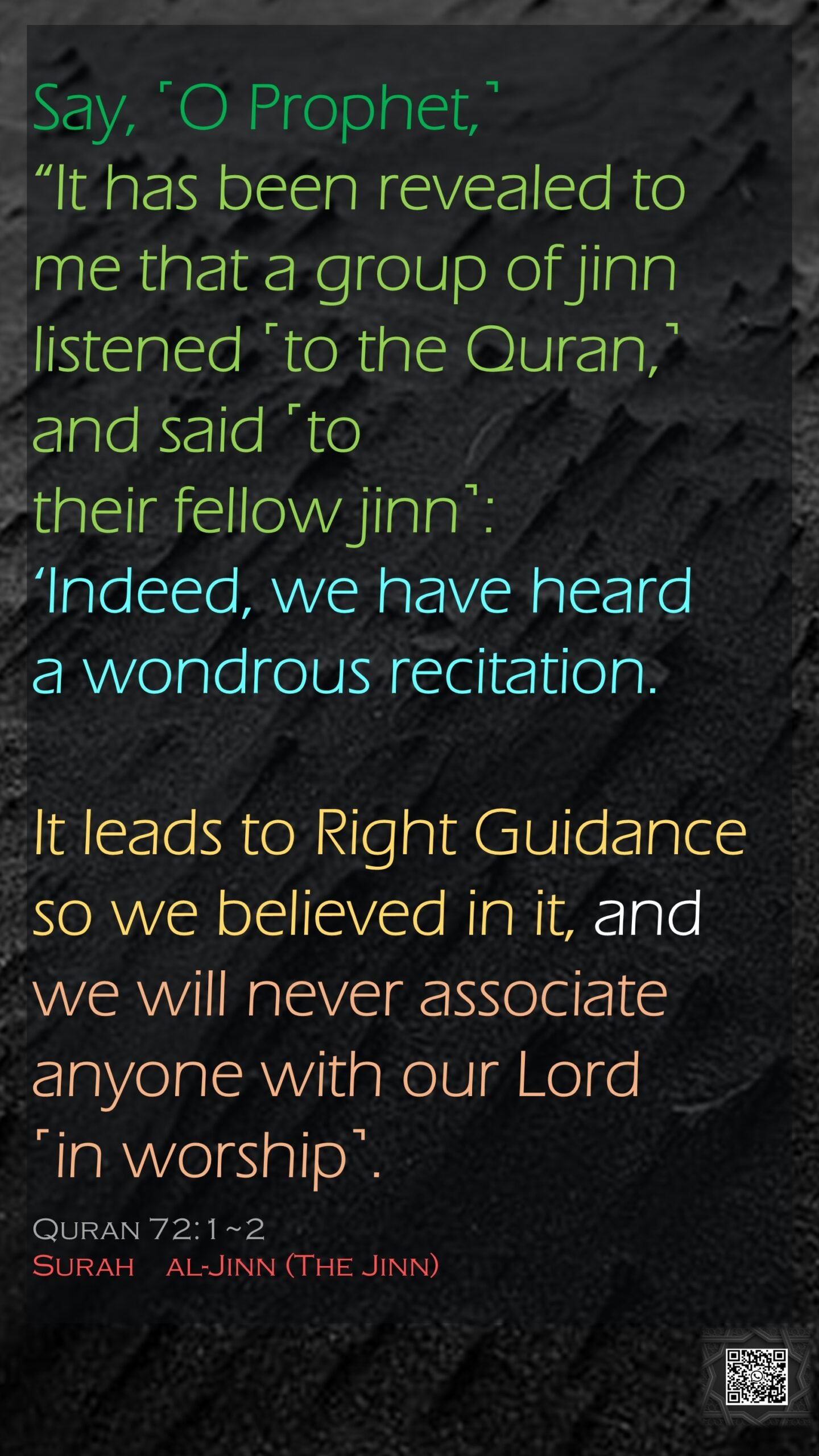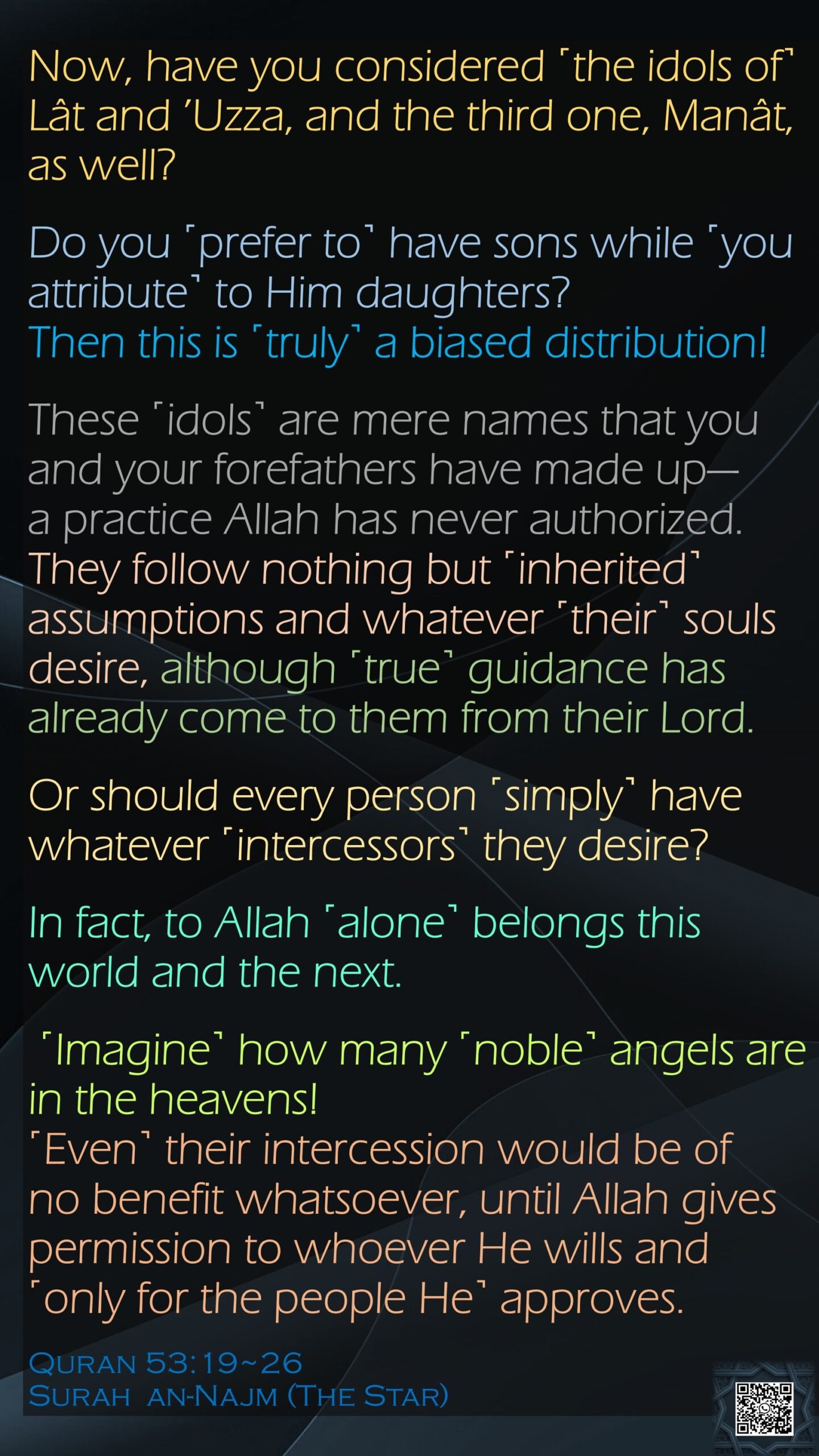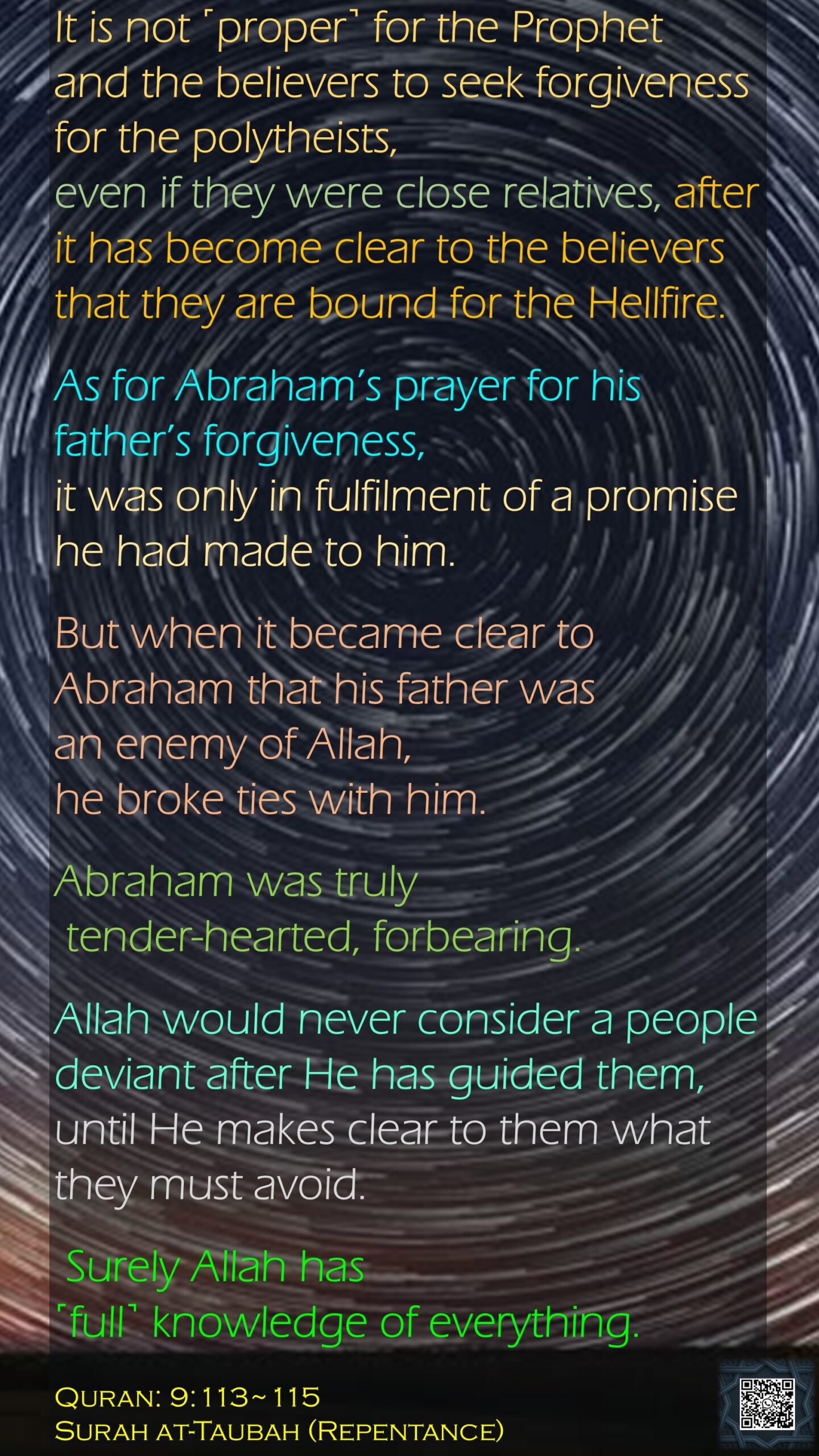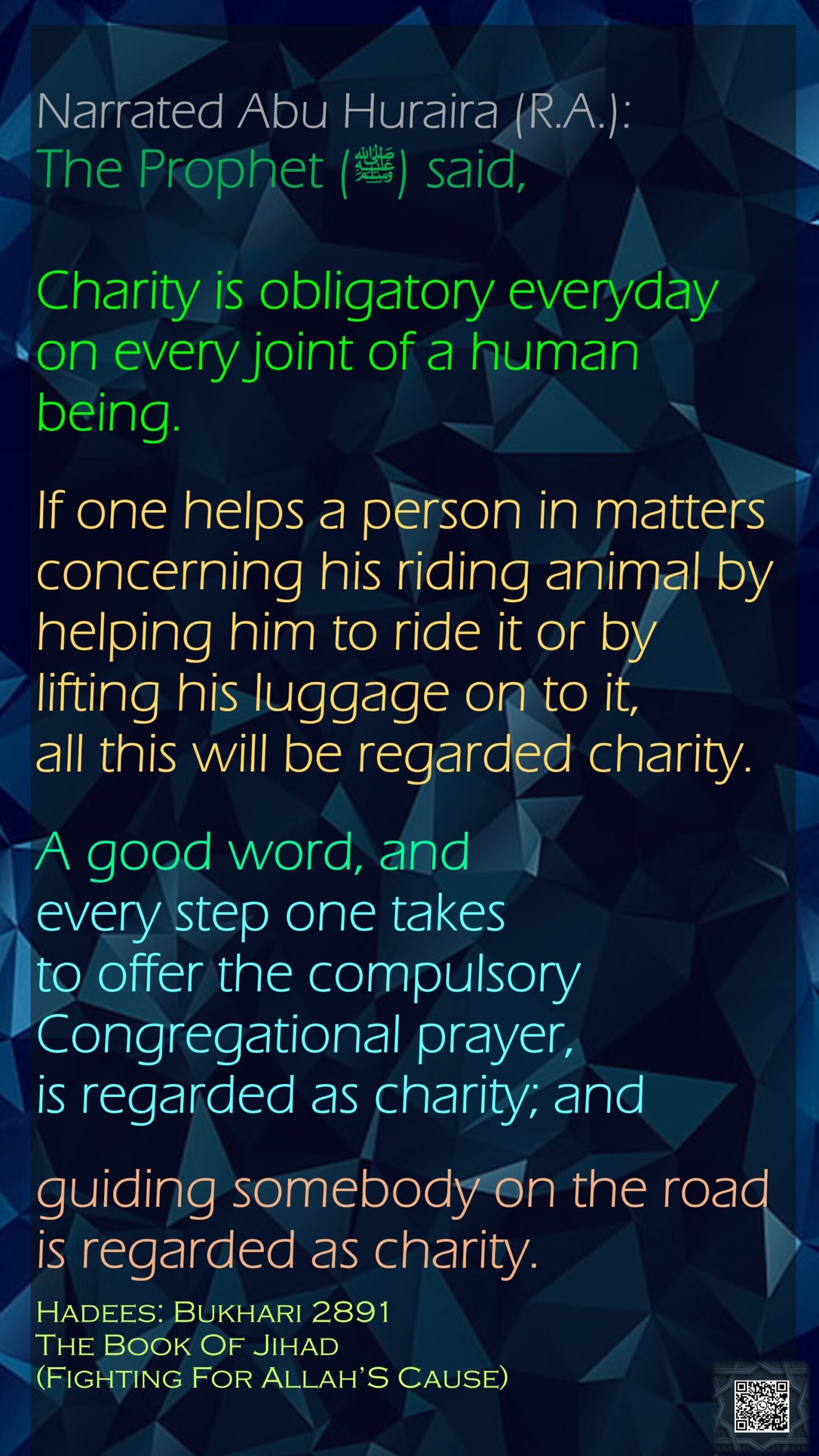Skip to Content
Tag Archives: guide
- Home -
- Posts tagged "guide"
26
Feb, 2026
Islam, Quran
039, 041, 41, Allah, ayat, Az-Zumar, book, daily, goodness, guide, himanity, inspirations, islam, islamic, keeper, Muhammad, own, Prophet, reveal, stray, Surah, truth
9
Feb, 2026
Hadees, Islam
3483, Allah, ardent, benefit, daily, deity, earth, evil, fear, guide, heavens, inspirations, inspire, islam, islamic, Muhammad, Prophet, prophetic supplication, protect, Soul, supplication, supplication for the soul, tirmidhi, Tirmizi, two phrases, worship
23
Nov, 2025
Islam, Quran
006, 097, al-An'am, Allah, an'am, ayat, cattle, clear, daily, dark, darkness, guide, inspirations, islam, islamic, know, knowledge, land, Muhammad, path, quran, sea, Sign, signs, stars
12
Oct, 2025
Islam, Quran
003, 128, al-Imran, Allah, ayat, daily, denier, deny, family or Imran, fate, God-fearing, guide, human, inspirations, islam, islamic, lesson, Muhammad, quran, Sign, Surah, travel
23
Aug, 2025
Islam, Quran
001, 002, Allah, anyone, associate, ayat, believe, daily, djinn, fellow, group, guadance, guide, inspirations, islam, islamic, listen, Lord, Muhammad, never, quran, recite, Surah, wonderous, worship
19
Jul, 2025
Islam, Quran
009, 012, 014, 016, Allah, allow, alone, an-Najm, Angels, ayat, belong, biased, daily, guide, idols, inspirations, intercession, islam, islamic, Muhammad, Names, no benefit, nobel, permission, permit, quran, Surah, the Star
21
Jun, 2025
Islam, Quran
009, 113, 114, 115, Abraham, Allah, avoid, ayat, believer, clear, daily, deviant, disbeliever, enemy, everything, father, forgive, forgiveness, fulfilment, guide, hell, hellfire, Ibrahim, inspirations, islam, islamic, knowledge, Muhammad, promise, quran, relative, repentence, seek, Surah, taubah
8
Jun, 2025
Hadees, Islam
2891, Allah, Allah's way, animal, being human, Book.Allah's cause, bukhari, charity, compulsary, congregational, daily, direction, every, Farz, fight, good, guide, hadees<Hadith, help, human, humanbeing, inspirations, islam, islamic, jihad, joint, lift, luggage, matter, Muhammad, Namaz, nimaz, obligatory, person, prayer, ride, road, sadaqa, Sadqa, step, strive, word, Zakat
27
May, 2025
Islam, Quran
002, 170, 171, Al-Baqarah, Allah, ayat, cries, daily, disbelieve, distract, follow, forefathers, guidance, guide, inspirations, islam, islamic, Muhammad, practice, quran, reveal, shepherd, Surah, understand, warning
23
May, 2025
Islam, Quran
031, 032, 047, Allah, ayat, believe, believer, cause, conduct, daily, deed, deeds, defy, disbelieve, disbeliever, guidance, guide, harm, hinder, inspirations, islam, islamic, least, Muhammad, path, Path of Allah, quran, reveal, steadfast, Surah, test, true, void, way, way of Allah

